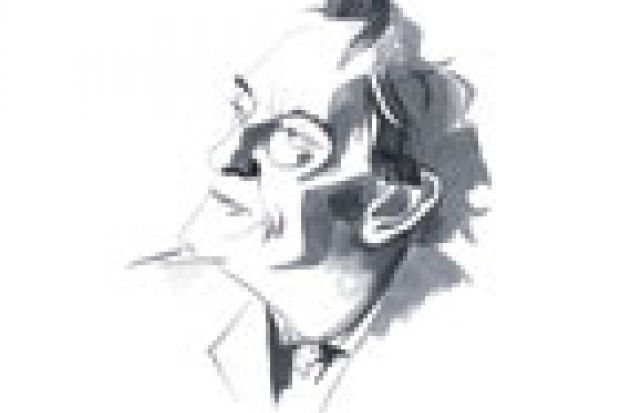I have stopped reproaching myself – at least in one respect. I still feel guilty, because I make my students do as I say, not as I do. But I have begun to be relaxed about my own non-compliance. “Be systematic,” I tell my doctoral students in history. “Search methodically for sources. Don’t select arbitrarily or capriciously – much less prejudicially. Don’t privilege one source, or one kind of material, over another without first giving equal consideration to all. Find a reasonably discrete and complete archive, and exhaust it. Master all the sources before you identify the truth. Use your imagination, but always curb it at the command of the evidence.”
In most of the projects I have worked on since I was a doctoral student myself, I have often exempted myself from these precepts. I make inferences on the basis of insight or analogy rather than evidence, excusing myself on the grounds that experience hallows my guesses. I privilege some sources, sometimes without detailed collation, because I instinctively find them convincing, or because they fit my own grasp of human nature, or even just because I like them: they engage my sympathy or stimulate my thinking or titillate my sense of humour.
It is in the nature of evidence to be mutually corrective - wallowing in the beguiling contradictions is part of the fun
I need to stay alert to one of the most corrupting forms of temptation, stopping myself from selecting evidence for no better reason than that it confirms my prior thinking. I have based sweeping theories on tiny aperçus, proposing, for instance, to revise the history of the conquest of Mexico when I noticed resemblances between omen-lists in early colonial and classical texts; or revising thoroughly my views on Christopher Columbus when I spotted an echo of a medieval verse fiction in one of the explorer’s self-descriptions; or devising what I think is a new theory of empire (which I shall present to a University of London seminar this term) on the basis of anomalies in a late 16th-century painting from Ecuador.
I torment myself over these vices, but have gone on practising them, with four self-justifications to hand. First, my insecurely founded suggestions do sometimes turn out to be right. Second, I tell myself, I can only broach the big enquiries that are my métier, spanning lots of cultures, climes and eras, by abandoning the research methods of monograph writing. Third, I reflect, my books are teaching in print, not attempts at definitive pronouncements. They exist to engage readers, to open minds and to provoke responses: to challenge old orthodoxies, not propound new ones. So I can leave the tally of evidence imperfect, for other scholars to add to. Finally, in my experience, decisions are disproportionate to data. When I do know all the sources relevant to a particular problem, I can no more propose a definitive solution than I can on the basis of one fragment of information, or, in some cases, an insight unsupported except by gut conviction. On the contrary, it is in the nature of evidence to be mutually corrective – wallowing in the beguiling contradictions is part of the fun.
Two recent experiences have given me new means of self-reassurance. First, my department met to consider planned modifications to our university library, which was built 50 years ago to be, in terms of capacity, the biggest single university library building in the world. One facade has become famous in the US for the gigantic mosaic that adorns it, in which Christ’s arms are raised, as if in the gesture with which American football referees signal a touchdown. “Touchdown Jesus” overlooks the football stadium and enlivens television screens at every home game. But the other outer walls of the building are bleakly featureless and the whole huge cuboid is an ugly monster of Rationalist architecture.
In the tired interior, work spaces have progressively yielded to the demands of the growing collection. A crisis point has arrived, and there is insufficient room for both reader and book. The librarians propose to shift some books to a repository off site. To my surprise and gratification, all my colleagues protested that they rely on chance encounters with unanticipated texts, like the heroes of serendipity, who “were always making discoveries, by accidents and sagacity, of things they were not in quest of”. I previously thought it was an aberrant habit of mine to roam bookstacks, plucking old tomes at random, and finding revelations untraceable through existing bibliographies.
Then, last week, I attended, as I do every year, the conference of the American Historical Association. In one of many riveting sessions, I heard Anthony Grafton – the greatest living historian of Renaissance humanism – talk brilliantly about what Renaissance scholars called divinatio: not oracular futurology but the art of textual emendation or interpretation by a sudden gift of mental illumination.
My first response was to recall the disdain with which a schoolteacher of mine five decades ago condemned Erasmus for inventing passages in his Greek New Testament to fill gaps in the available texts. At last, I could begin to understand what Erasmus might have thought he was doing. My next reflection was self-comforting. Insights, as well as evidence, can yield truth. I can emulate Erasmus and the Princes of Serendip in confidence that long tradition and the respectable routines of current fellow-scholars are with me.





